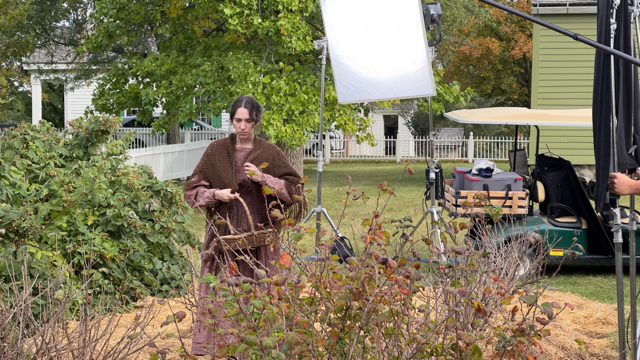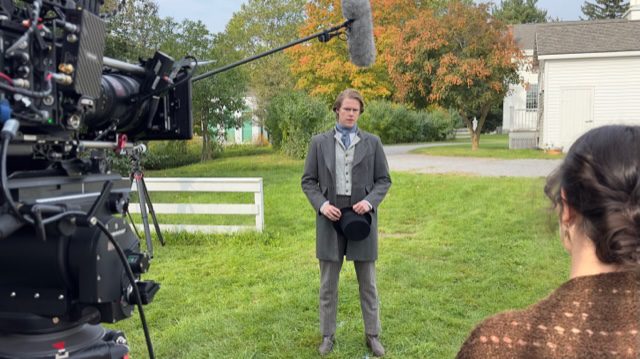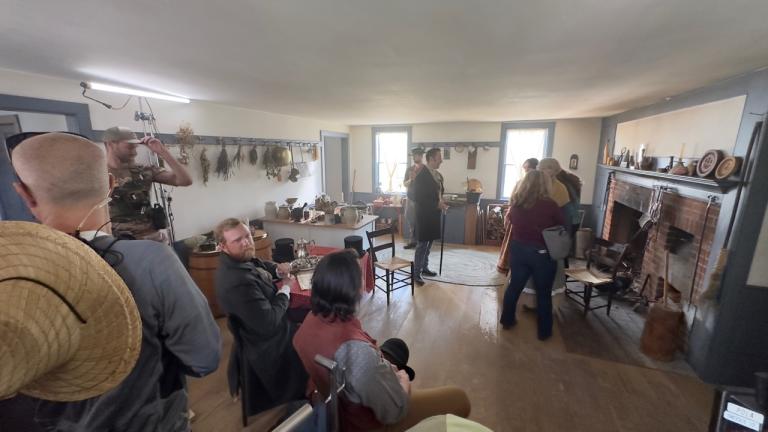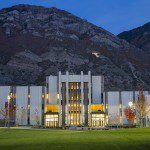
A new article went up at noon today on the website of the Interpreter Foundation. It is the Introduction to Volume 58 of Interpreter: A Journal of Latter-day Saint Faith and Scholarship:
““Signals of Transcendence,”” written by . . . well, by one Daniel C. Peterson
Abstract: Hints of a different and better world — sometimes dimly remembered, often intuited, and commonly hoped for — and of a glorious, mighty power behind the world in which we currently live, are all around us. They are not so powerful that they cannot be missed or even ignored, but they have been and remain present for those with eyes to see, ears to hear, and hearts to feel. As he always does, God has not left us without witnesses but he does not seek to compel. He loves us, but he also respects our agency.

It’s time for a news break:
The Third Reich comes to the United Kingdom?
“British Prime Minister Rishi Sunak: ‘A Man Is a Man and a Woman Is a Woman’”
But this is encouraging and good to hear: “Various faith groups support The Church of Jesus Christ of Latter-day Saints in Huntsman tithing appeal: “The Supreme Court has consistently refused to allow courts to hide theological elephants in secular mouseholes,” 10 religions say in friend-of-the-court brief”
And here are two quite different but remarkably interesting bits of science news:
“Unprecedented discovery seems to defy fundamental astronomical theories”
I frankly admit to an exceptional enjoyment of disruptive scientific developments. There is so very, very much that we don’t yet know!

I greatly admire the approach and the thesis advanced by the Protestant theologians and ethicists Stanley Hauerwas and William H. Willimon in their modern classic Resident Aliens (Nashville: Abingdon Press, 2014). Here are a few passages from the early pages of the book:
As in Kierkegaard’s Denmark, North America is a place where people have absorbed just enough Christianity to inoculate them against the contagion by the real thing. We believe that the church can be a major means of conversion, detoxification, and inculcation of the practices required to be a Christian in a world that thinks it already is. (4)
The image that evokes this adventure for us is . . . found in Philippians 3:20 — “our commonwealth is in heaven.” Moffat more vividly translates this politeuma as “We are a colony of heaven.” The Jews in Dispersion were well acquainted with what it meant to live as strangers in a strange land, aliens trying to stake out a living on someone else’s turf. Jewish Christians had already learned in their day-to-day life in the synagogue, how important it was for resident aliens to gather to name the name, to tell the story, to sing Zion’s songs in a land that didn’t know Zion’s God.
A colony is a beachhead, an outpost, an island of one culture in the middle of another, a place where the values of home are reiterated and passed on to the young, a place where the distinctive language and life-style of the resident aliens are lovingly nurtured and reinforced.
We believe that the designations of the church as a colony and Christians as resident aliens are not too strong for the modern American church — indeed, we believe it is the nature of the church, at any time and in any situation, to be a colony. . . .
The church is a colony, an island of one culture in the middle of another. In baptism our citizenship is transferred from one dominion to another, and we become, in whatever culture we find ourselves, resident aliens. (11-12)
The demise of the Constantinian world view, the gradual decline of the notion that the church needs some sort of surrounding “Christian” culture to prop it up and mold its young, is not a death to lament. It is an opportunity to celebrate. The decline of the old, Constantinian synthesis between the church and the world means that we American Christians are at last free to be faithful in a way that makes being a Christian today an exciting adventure. (18)
The theologians’ motif of das wandernde Gottesvolk, “the wandering people of God,” obviously fits the biblical Israel led by Moses in the desert. That is, after all, the historical inspiration for the phrase. But it’s a little bit difficult to make it fit John Calvin’s Geneva or the Lutheran state churches in Northern Europe prior to the onset of modern secularism, let alone the post-Theodosian caesaropapism of Constantinople and the eastern Roman Empire or the hybrid ecclesiastical-political society of Western Europe in the high Middle Ages up through the early years of post-Reformation and post-Tridentine Catholicism.
And it fits the Latter-day Saints, who reached what is now their Great Basin stronghold as the “Camp of Israel” under the leadership of an “American Moses” and who are, everywhere else, members of a minority in cultures that are often uncongenial and unsupportive and virtually never altogether friendly or admiring.













